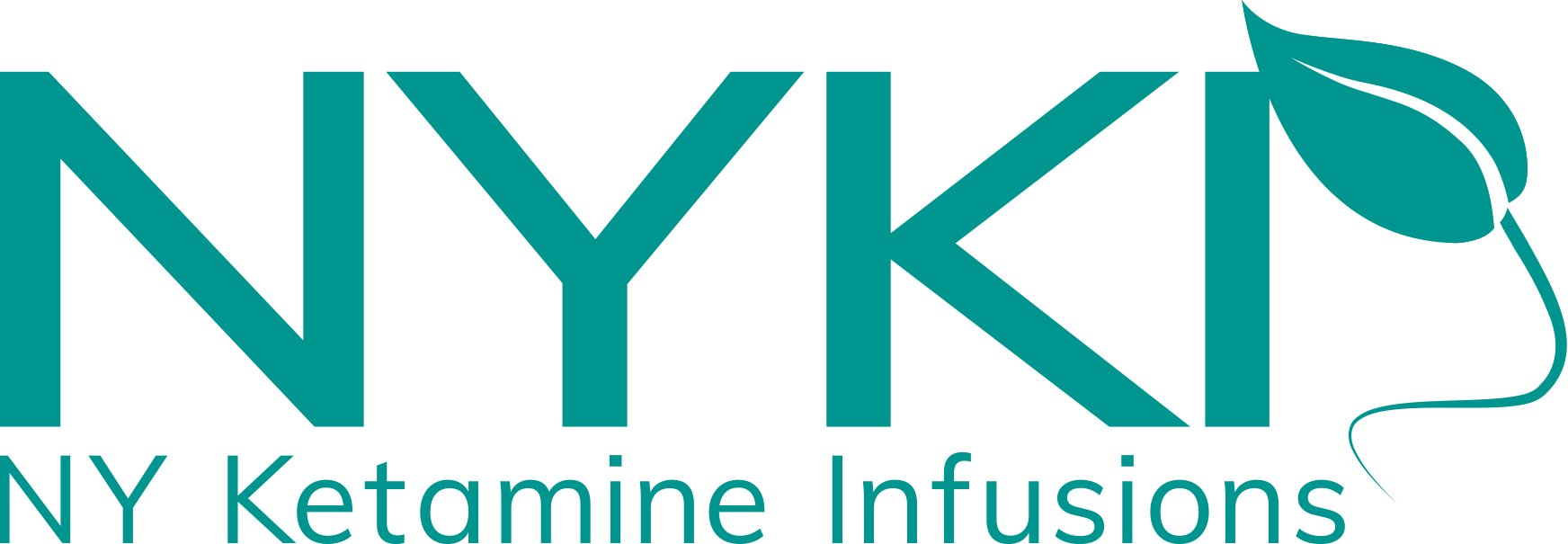The Science of Ketamine for Depression
“Recent data suggest that ketamine, given intravenously, might be the most important breakthrough in antidepressant treatment in decades.”
- Thomas Insel, Director National Institute of Mental Health (2002–2015)
FACING DEPRESSION
If you are visiting this site, you are most likely dealing with a Major Depressive Disorder (MDD) that has not responded to other medication. Many of you will have tried several different antidepressants. Some of you may have undergone ECT and/or TMS with no significant improvement in your condition. Chances are that you find it difficult to function at home, work or school, and find even small tasks, like showering, insurmountable.
Severe depression, MDD, PTSD, Bi-Polar Disorder, OCD and other mood disorders are devastating for many. According to the CDC, depression affects 20-25% of all Americans ages 18+, and over 16 million adults experience a major depressive episode each year. More concerning, over 1 million suicides are attempted annually, a problem especially prevalent in our Veteran population.
In many instances, depression can be treated with various oral antidepressants such as SSRIs or SNRIs.
These “reuptake inhibitors” work by preventing the reabsorption of serotonin and norepinephrine – chemical neurotransmitters that help carry signals between nerve cells in the brain. The medications increase brain dopamine. It is opined that by increasing the levels of these neurotransmitters in the brain, improved communication between nerve cells consequently strengthens the circuits that regulate mood.
Unfortunately, these medications don’t work for everyone. Low brain levels of the above neurotransmitters are not the only pathway to clinical depression, anxiety or obsessive-compulsive disorder. Many treatment- resistant depression patients have tried two, three or more medications without success. Even more problematic for those experiencing suicidal ideation or visions of self-harm, common antidepressants usually take 4 to 8 weeks to take effect. For patients with severe depression, the wait may be too long; more immediate relief is needed.
Ketamine:
A Different Approach

While early research into depression and the development of all current antidepressant medication focused on the neurotransmitters serotonin, norepinephrine and dopamine, over the past 20 years scientists have been studying the role of another neurotransmitter related to learning and memory – glutamate.
Ketamine is classified as an NMDA (N-methyl-D- aspartate) antagonist, meaning that it blocks that receptor from reabsorbing glutamate and causes the release of BDNF (brain-derived neurotrophic factor).
BDNF is an important brain chemical. It is responsible for the maturation and maintenance of the neuronal dendrites and synapses that are necessary for normal brain connectivity.
To maintain a normal mood, the neurons in various parts of your brain need to be able to connect to each other via their dendrites and their synaptic contact. Stress and anxiety, most often from childhood events, inhibit the production of BDNF leading to visible changes in neuroanatomy and subsequent serious mood disorders
such as MDD, PTSD, obsessive compulsive disorder (OCD), and anxiety.
In dozens of clinical trials and in actual treatments with thousands of patients, it has been shown that the administration of sub-anesthetic doses of ketamine — most likely by blocking the reabsorption of glutamate and enhancing the release of BDNF — may actually encourage healing via the regeneration of damaged synapses and growth of dendrites in the brain.
KETAMINE THERAPY
Over the past 20 years and in dozens of studies, ketamine has been shown to produce remarkably fast antidepressant effects. As a result, it has become a life-changing treatment for many suffering from treatment-resistant depression, MDD, PTSD and suicidal ideation.
Contact our office today to see how we can help you.
917-261-7370
75 Maiden Lane, 10th Floor
New York, NY 10038
Dendrite Regeneration and Improved Neuroplasticity
To better visualize this healing process, picture a young, healthy brain’s dendritic system as a forest with lush trees. This interconnected vegetation encourages different areas of the brain to communicate, producing a stable mood as well as positive emotions such as joy, inspiration, hope and aspiration. Emotional trauma causes the release of cortisol, which begins to strip the dendrites of their “foliage” by suppressing BDNF production. The more stress and trauma one experiences, the more damage done to the brain’s “trees.” In severe cases, they may become virtually bare, making them difficult to repair.
By stimulating BDNF production, ketamine helps the dendrites regenerate and flourish again, improving neuroplasticity and cell-to-cell connections. It is referred to by scientists as a synaptogenic-neuroplasic repair. Some patients may actually experience relief within hours of their first treatment. Rather than simple euphoria, most patients report an absence of the negativity and depression they often carry with them. They feel lighter and clearer…like a fog has lifted allowing them to move on with their lives. With improvement in mood comes improvement in function.
While scientists don’t yet understand the precise mechanisms that lead to ketamine’s success, it is clear from multiple studies at the most prestigious medical centers, the National Institute of Mental Health (NIMH) and in dozens of ketamine infusion centers throughout the country, that ketamine often does provide dramatic relief for PTSD, major depressive disorders, depression, bi-polar depression, generalized anxiety disorders and OCD, when no other treatments have succeeded.
Safe and Effective
In spite of its dramatic effect, ketamine is an extraordinarily safe medication. It has been used for over 50 years as an FDA-approved general anesthetic agent. It has wide application in operation rooms, ICU, emergency departments, pain centers, burn units, pediatric anesthesia and is non-addictive with few significant side effects. It is also listed on the World Health Organizations list of “essential medicines” due to its efficacy and safety record. For many, low-dose ketamine infusions used to treat major depression, mood disorders and chronic pain can often succeed when all other treatments have failed…and can change lives!
KETAMINE SCIENTIFIC RESEARCH
https://www.ncbi.nlm.nih.gov/pubmed/22840761
https://ajp.psychiatryonline.org/doi/10.1176/appi.ajp.2017.17040472
https://ajp.psychiatryonline.org/doi/abs/10.1176/appi.ajp.2016.16010037
https://jamanetwork.com/journals/jamapsychiatry/fullarticle/1860851
https://jamanetwork.com/journals/jamapsychiatry/fullarticle/1860851







